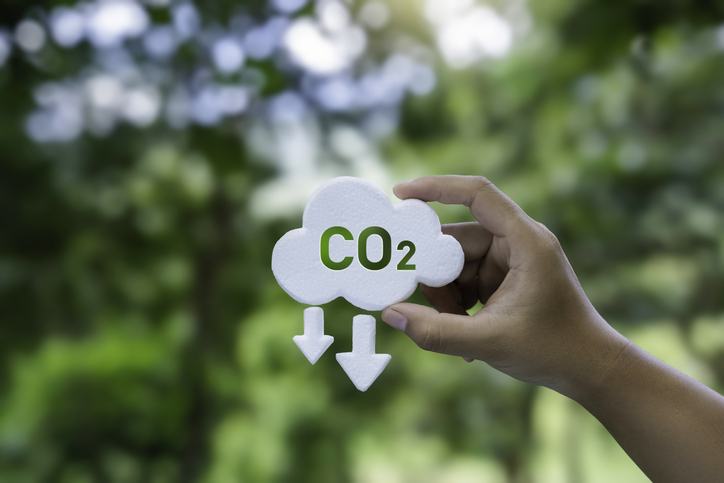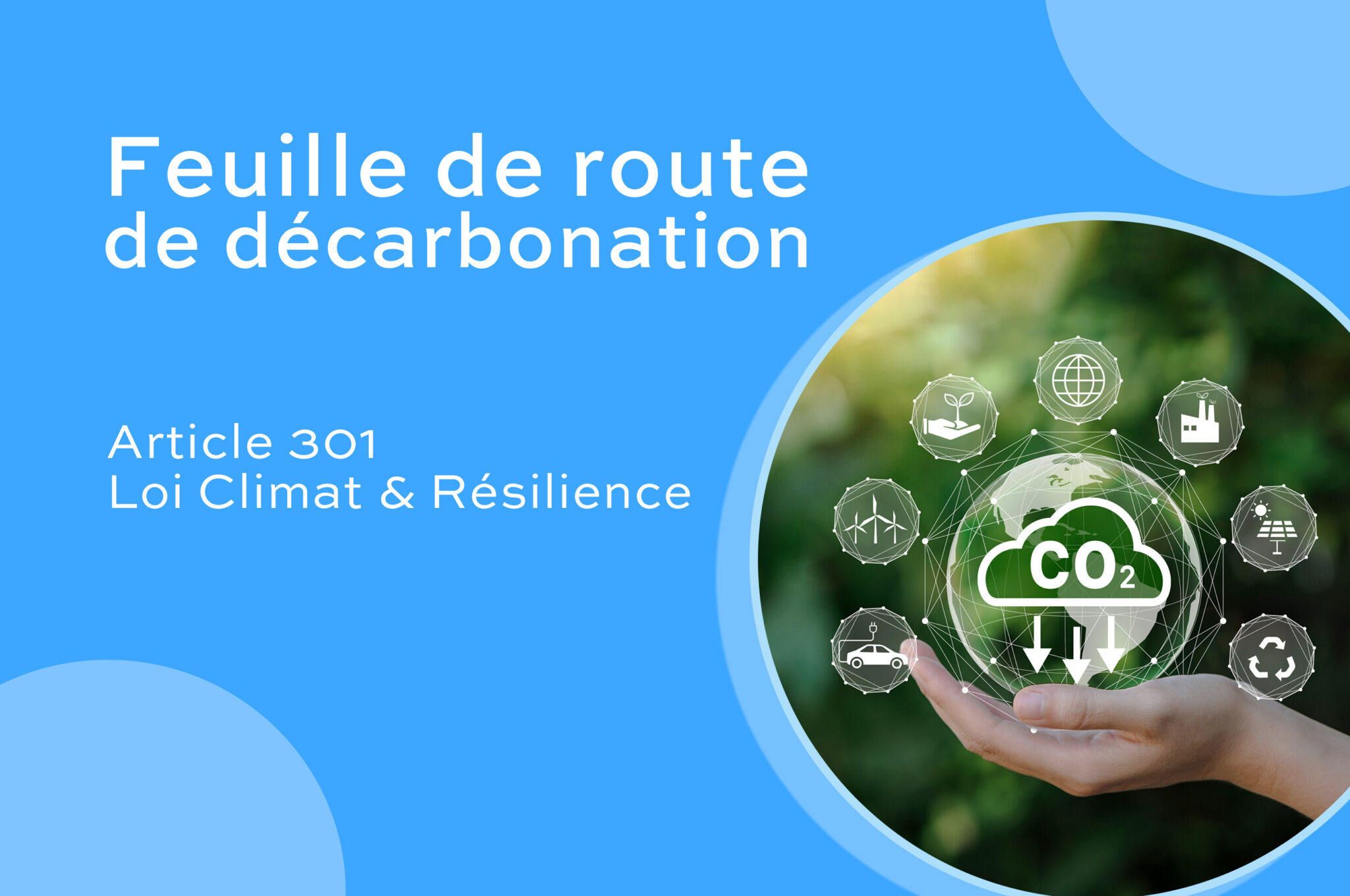Decarbonization plan
Design and initiate the reduction of your carbon footprint.
The next step in decarbonization
Whether regulatory or voluntary, the Bilan Carbone® must, or can be accompanied by a decarbonization plan. Inseparable from the “measurement” part, this “action” part is essential to guide efforts to reduce greenhouse gas (GHG) emissions in a structured and effective manner, thus making it possible to contribute to the fight against climate change.


Go further in the process
The decarbonization roadmap is a continuation of the Bilan Carbone®. It is a roadmap which details specific actions, deadlines and resources necessary to reduce the carbon footprint of the organization which has initiated the Bilan Carbone® approach.
Why supplement your Bilan Carbone®
with a decarbonization plan?
A Bilan Carbone® provides a clear picture of current emissions, but without a decarbonization plan it remains an indicative accounting exercise that does not address decarbonization solutions.
Regulation
If your organization is subject to the publication of a Bilan Carbone®, the obligation also extends to the publication of a decarbonization plan. It must be published on the Ademe website, and renewed, like the balance sheet, every 4 (for companies) or 3 years (for communities).
Transition
A decarbonization plan encourages technological innovation and can improve competitiveness, reducing costs in the long term. It allows your organization to actively contribute to the ecological transition towards a more sustainable and low-carbon economy.
Reputation
Communicating your efforts to reduce greenhouse gas emissions to your customers, your investors and the public strengthens your credibility and reputation in the market. For your future candidates, it means improving your employer brand and increasing your attractiveness.
A question about the decarbonization plan?
Moving concretely
from measurement to results
To plan
To plan
During the Bilan Carbone® restitution meeting, Act4Transition experts present the main GHG emissions sources (transport, energy, waste, etc.). Based on this observation, your employees are invited to propose actions that they could implement within the organization. These actions are then operationalized into action sheets.
Implement
Implement
To facilitate the implementation of the action plan, Act4Transition organizes training workshops for changing practices, and awareness sessions for your suppliers and service providers. To go further, Act4Transition and the Enerlis group can direct you towards renewable energy projects or energy efficiency work.
Follow
Follow
To best quantify the achievement of results, Act4Transition defines the best results indicators with you. To monitor them effectively, we will identify internal project pilots with you.
A word from the expert
Decarbonization, a collective project led by your teams

Théo Bourdois
Climate strategy consultant at A4T
FAQs
A question?
Although not obligatory if you are not subject to the Bilan Carbone®, a decarbonization plan can strengthen your competitive position and contribute positively to the fight against climate change. This demonstrates a voluntary commitment to sustainability, which can improve your reputation, attract environmentally conscious customers and investors, and anticipate future regulations.
The Science-Based Targets Initiative (SBT) is used to set greenhouse gas emissions reduction targets that are aligned with the latest climate science. These targets are designed to help limit global warming to less than 2°C above pre-industrial levels, and aligned with the Paris Accords signed in 2015.
SBTi certification is not mandatory to develop and implement a decarbonization plan. However, it offers significant advantages such as credibility, transparency and international recognition. SBTi certification ensures that targets are aligned with scientific data and global climate goals. For small and medium-sized businesses or those at the start of their decarbonization journey, non-certified approaches may be sufficient.